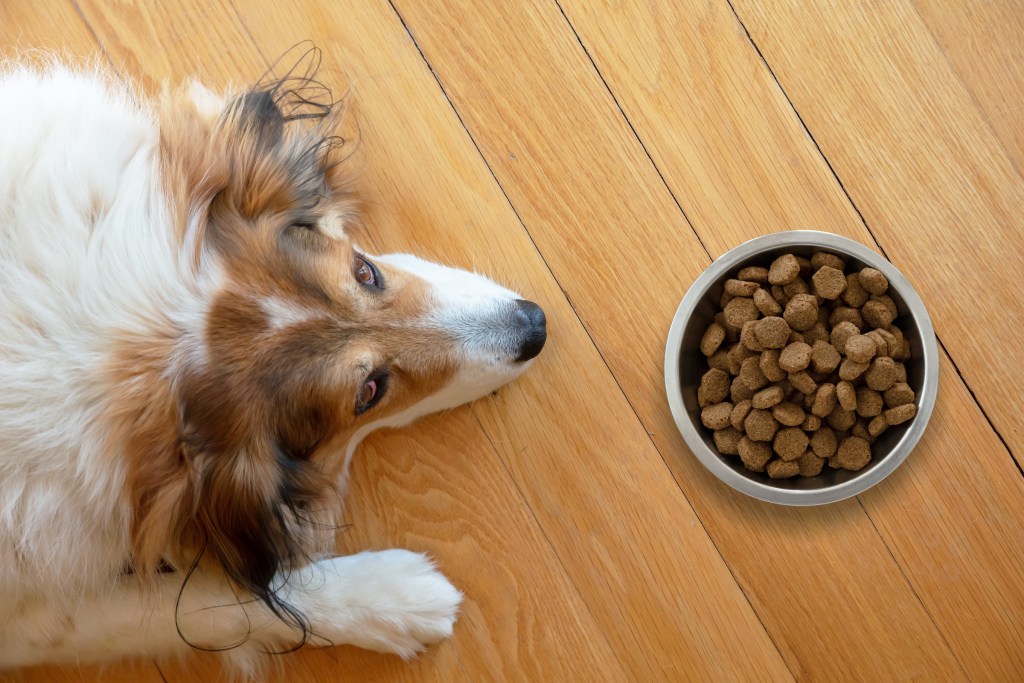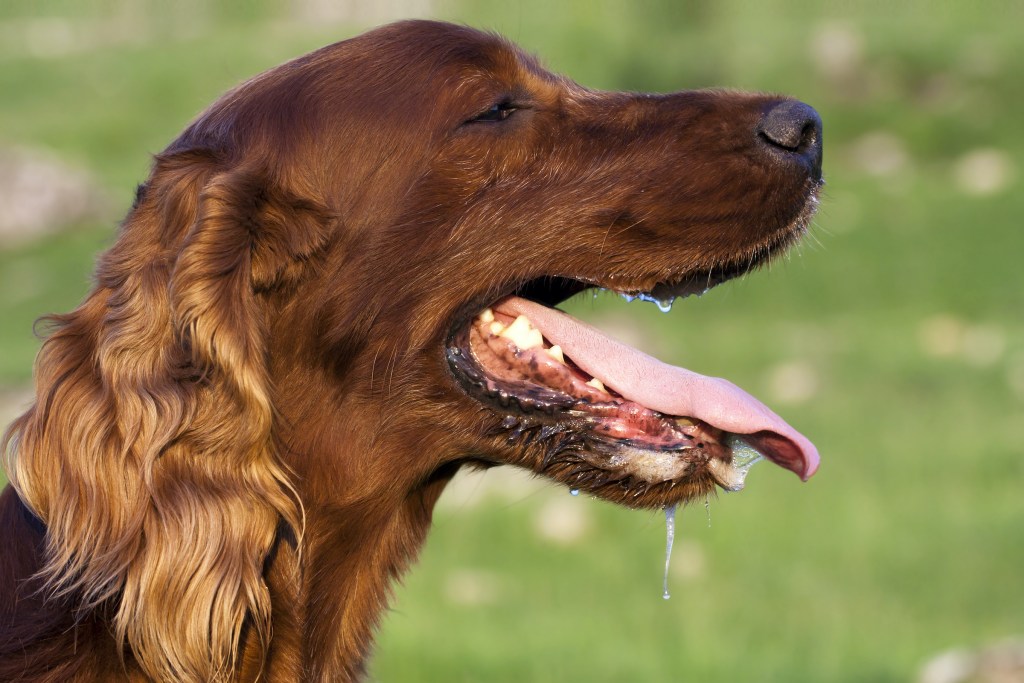Dogs are naturally curious creatures (until nap time, anyway), so expecting the unexpected is always a smart part of pet parenthood. Unfortunately, this includes preparing for illness and injury as well, as these are inevitable aspects of life. Once you’re able to identify the signs that your dog may be sick, however, you’ll be better prepared to take quick action to get them feeling better fast.
These are five signs and symptoms that may indicate illness in dogs, though many more also exist. You should always contact your veterinarian if your pup seems “off,” as they’re the best resource for diagnosing any illnesses. Until you’re able to get in touch with your vet, though, these are some signs to look out for.
1. Excessive diarrhea or vomiting
No one enjoys stomach troubles, but many dog owners don’t know when to be concerned. Though these symptoms don’t require a trip to the veterinarian the first time you notice them, they can severely affect your furry friend if they last for longer than a day, according to Martinsville-Henry SPCA. At that point, pets may be at risk for dehydration and other complications.
Many dog breeds are known for having sensitive stomachs, so it’s important to know what’s normal for your dog and what isn’t. For example, diarrhea or vomiting may not be a cause for panic if you know your pup’s body tends to react that way. Still, you should always keep an eye on a pet who isn’t keeping food or water down, as dehydration can occur. As they recover, small portions of water and bland food (think boiled chicken and rice) can support them while they bounce back.
2. Refusal to eat for longer than a day
Loss of appetite can occur when a pup is feeling unwell, but how concerned should you be? Purina notes that canine digestion can get disrupted for many reasons, but you may want to think about giving your veterinarian a call when the problem reaches day two.
This symptom can stem from something as simple as nausea — perhaps from a stolen treat or new medication — or can indicate another, invisible problem, according to Central California SPCA. Lethargy, which includes lack of appetite, is a symptom of diseases ranging from hypoglycemia (low blood sugar) and nutritional deficiencies to heart problems, viruses, and even cancer. Remember — don’t panic! Your local veterinary team is there to help.

3. Excessive thirst and/or urination
Normally, drinking water is a good thing, but if you notice your fur baby visiting their water bowl (or their favorite potty spot) much more often than normal, you may want to give it some thought. Environmental factors such as heat, exercise, and diet can change the amount a dog drinks in the short term, but a long-term change can be a sign of concern.
Hill’s Pet recommends making a trip to the veterinarian if your dog has been extra thirsty or urinating more frequently than normal for longer than a few days. The doctor will likely look into the most common causes of these symptoms, which can include:
- Diabetes
- Kidney disease
- Liver disease
- Fever
- Infection
- Parasites
- Cancer
- Hyperthyroidism
Most of these illnesses can be managed with a combination of medication and positive lifestyle changes. Your veterinarian will help you prepare an appropriate plan for your pet, so you know they’re always in good hands.
4. Extreme drooling
This one can be more difficult to notice in larger, more drool-prone breeds, but any dog can suffer from a side effect of extreme salivation. Look for pools of drool around your dog’s bed or other comfy spaces — just keep in mind that canine drooling is totally natural when they’re exposed to food whether or not they’re fighting an illness.
If you notice excess salivation, or even bad breath from your furry friend (as in, worse than normal), you may want to give your vet a call. Katy Veterinary Clinic says that these symptoms can be a clue that a dog is suffering from nutritional deficiencies, though nausea, gastric reflux, and even dental issues can also cause extreme salivation.

5. Confusion or changes in personality
You should always take it seriously when a dog experiences any significant changes in behavior or personality, whether sudden or gradual. This can look like a number of things, from lethargy to moodiness and even acts of aggression, so it’s important to take action quickly to keep everyone as safe and happy as possible.
Sudden moodiness or an unwillingness to be handled can be a symptom of pain or discomfort, notes AKC Pet Insurance, while gradual personality changes might hint toward a greater neurological problem. Of course, most behaviors will fall somewhere between these two extremes, which could potentially hint at anything from fever or pain to canine cognitive dysfunction.
Always pay attention to your pup
Remember, pet parents, you don’t need to panic and call the vet right now. Watch out for these five signs your dog may be sick, and be sure to use your best judgment when you encounter them. Your veterinarian is also there to help keep your furry friend healthy whether or not you notice any of these telltale symptoms, so don’t be afraid to give them a call or ask them a question. After all, knowledge is power!
Editors' Recommendations
- 5 surefire ways to keep your dog off your bed and get a good night’s sleep
- How to stop a dog from peeing in their crate for good in 5 easy-to-follow steps
- Why does my dog have a bald patch on their tail? Here are the answers you need
- Looking for signs your dog has ticks? These telltale symptoms mean you have a flea or tick problem
- My dog is shaking and acting weird – should I worry?




